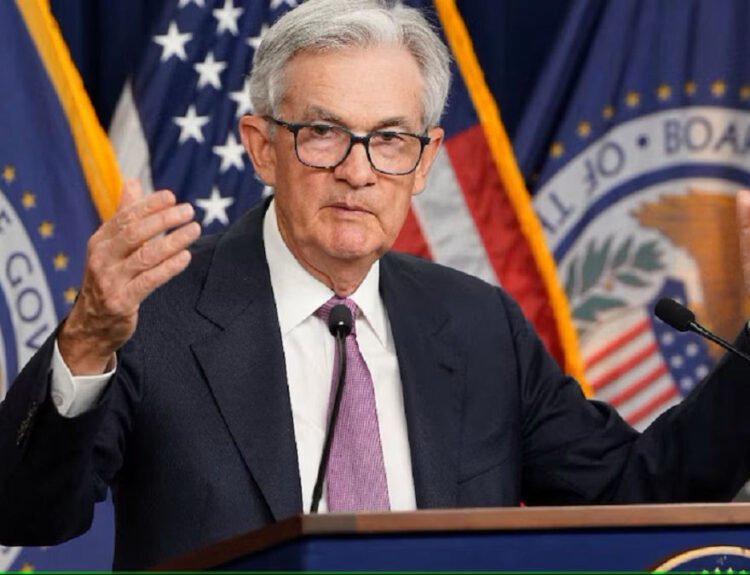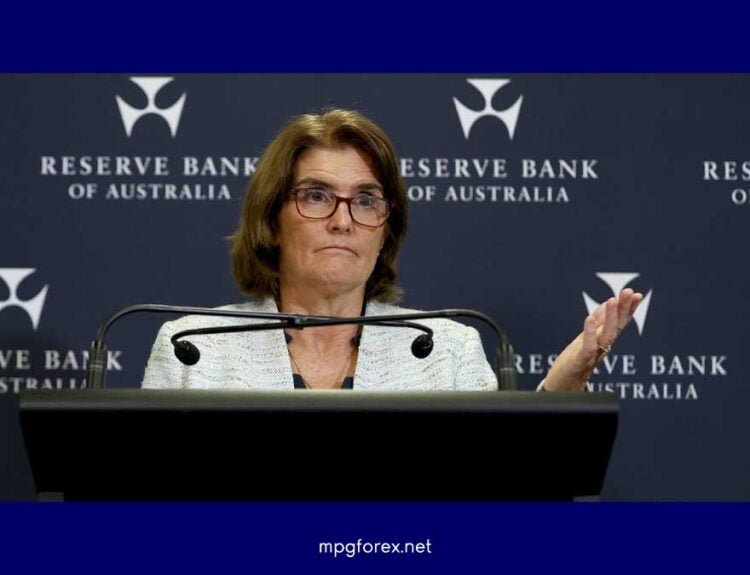US High Commissioner Meets Xi in Beijing Amid turbulence in relations
Table of Contents
US High Commissioner Meets Xi in Beijing
As the two largest economies in the world square off in high-stakes negotiations over issues ranging from trade grievances to Beijing’s ongoing backing for Russia, US Secretary of State Antony Blinken has started speaking with Chinese President Xi Jinping in Beijing.
China Central Television, the official broadcaster, announced that the Chinese leader and the top American ambassador had a meeting on Friday afternoon.
After spending five and a half hours in meetings—which included a working lunch—with China’s Foreign Minister Wang Yi, Blinken had earlier left.
Beijing’s support for the military
According to State Department spokesman Matthew Miller, during “substantive and constructive” talks, the US brought up issues like Beijing’s support for the military industrial base of the Kremlin, peace in the Taiwan Strait, which the Communist Party views as a breakaway territory, and China’s military activity in the South China Sea.
Beijing’s report of the meeting stated that China’s Foreign Minister charged that the US was attempting “endless measures to suppress China’s economy.” Wang said, noting restrictions on science and technology, “This is not fair competition, but containment and it is not removing risks, but creating risks.”
Blinken Visit
Since Blinken last visited Beijing 10 months ago, dialogue between the US and China has increased, with leaders on both sides pledging to keep ties on a more secure footing.
But with the American election campaign picking up momentum and both Democrats and Republicans vowing to take a tougher approach to Beijing, there is still plenty of room for volatility in the bilateral relationship.
Blinken arrived in China against a stormy backdrop. President Joe Biden signed a law this week that could expel TikTok, owned by China-based ByteDance Ltd., from the US, an action that came days after the US leader vowed new tariffs on China. Biden has already imposed a slew of trade curbs to block Beijing’s access to advanced chips, which are core to its military development.
With Treasury Chief Janet Yellen warning leaders in Beijing this month that China’s cheap exports were a concern for the world—a sentiment German Chancellor Olaf Scholz repeated on a trip to the Asian nation days later—the US is also rallying the European Union to speak with America against China’s industrial policy.
Yellen hinted at the possibility of further sanctions against Chinese financial firms that the US claims are supporting Russia’s defense industrial base, with the US allegedly having already begun to write such a measure.
Although relations had improved since Xi and Biden’s November meeting in San Francisco, China’s top diplomat had earlier warned his American counterpart that “negative factors” were mounting. Blinken emphasized the value of communication, referring to two-way interaction as the “most consequential” in the world.
There is an increasing perception that China’s industrial and economic backing has enabled Russia to withstand Western sanctions intended to destroy its defense sector, even if Beijing has complied with US cautions not to provide the Kremlin with lethal military aid in the form of weapons or munitions.

There is also concern in Washington over China’s increased aggression in the South China Sea, particularly around the Second Thomas Shoal, where Chinese vessels have used powerful hoses against ships trying to restock a beached, aging vessel that serves as a semi-permanent maritime outpost. That led the Biden administration to host the leaders of Japan and the Philippines in Washington recently, pledging to step up security cooperation.
Blinken arrived in the Chinese capital city after a series of more relaxed engagements in Shanghai on Thursday. Those included attending a basketball game, eating dinner at a dumpling restaurant, taking a stroll along the colonial-era riverfront and addressing US and Chinese students at a local New York University campus.
In a meeting with the Chinese Communist Party’s top official in Shanghai, Chen Jining, Blinken also brought up Beijing’s “non-market” policies and the treatment of US businesses in China.
“We have an obligation for our people and, indeed, an obligation for the world to manage the relationship between our two countries responsibly,” he added.










